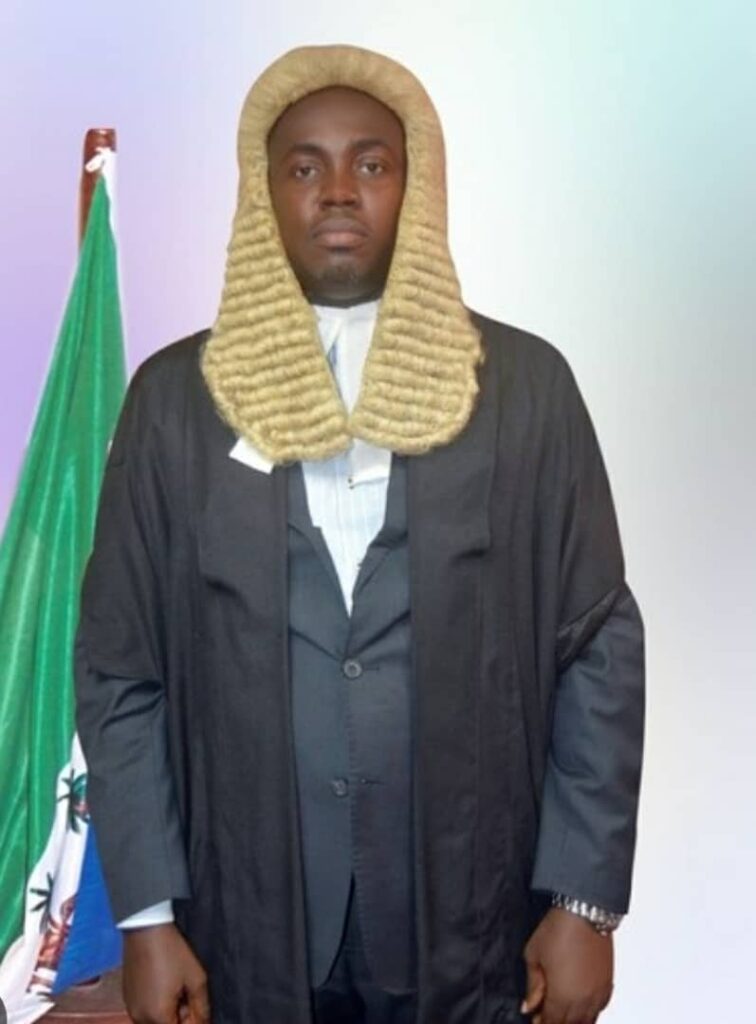
IF BLACK JOHNSON, WHY NOT KASAFONI?
By Ibrahim Alusine Kamara (Kamalo)
In a country yearning for sustainable development like Sierra Leone, encouraging indigenous firms to take over the industrial sector through the government’s Local Content Policy could be a game-changer. However, protecting citizens’ rights and strictly implementing laws are crucial for development to thrive.
The Black Johnson Fish Harbour Project, spearheaded by the Ministry of Fisheries and Marine Resources (MFMR), has undergone comprehensive environmental approvals, including an Environmental Impact Assessment (EIA) and public disclosure sessions, an official fact sheet affirms.
The project has also engaged extensively with stakeholders, and the government has conducted multiple town hall meetings and community consultations. Individuals with land claims were encouraged to present documents to justify their claims. Even those without formal land documents but with proof of long-term occupation of over 21 years were considered and compensated fairly after they were validated by community leaders.
According to the MFMR, 170 acres of land were acquired through legal procedures, and 21 claimants were verified as valid out of over 200 people who made claims. Compensation has been paid to 17 of the verified landowners, while the remaining four are awaiting completion of legal requirements. All of this came after due diligence by the office of the Attorney General and the Ministry of Lands.
The Fact Sheet suggests also that all the 21 verified landowners were invited to submit investment proposals for onward participation in the future development of the Fish Harbour, and its surroundings.
However, a social media documentary paints a different picture, showing massive demolition of houses and structures without adequate compensation or consultation. This raises questions about the project’s transparency and adherence to promised practices.
Meanwhile, if what the Fact Sheet on the Fish Harbour Project contains is the reality, the question arises as to why a similar action has not been applied to the people of Kasafoni.
A controversy surrounds the Kasafoni Iron Ore Deposit in Tonkolili North, where the Sierra Leone Mines and Minerals Development and Management Corporation (SLMMDMC) has claimed ownership of the iron-rich soil, citing a statutory instrument, without consulting landowners or paramount chiefs in tandem with other national legislations. This move has sparked deep discontent among the affected communities and chiefs, who have filed a petition to the Legislative House against the government agency.
The stark contrast in treatment between the Black Johnson community and the Kasafoni landowners raises concerns about governance, justice, and the rights of citizens. While the Black Johnson community seems to have been treated with dignity, the Kasafoni landowners feel their rights have been disregarded, and the Customary Land Rights Act, 2022, demands free, prior, and informed consent before land acquisition appears to have been overlooked in this case.
As Parliament looks into this issue, it’s essential to consider the potential consequences of the disagreement over the iron ore deposit. This dispute is not just about land; it’s a test of governance, justice, and who really owns Sierra Leone. If lawmakers fail to settle this issue amicably, distrust between the people and their governors will grow, and remember, where livelihoods are threatened, conflict may not be far behind.
